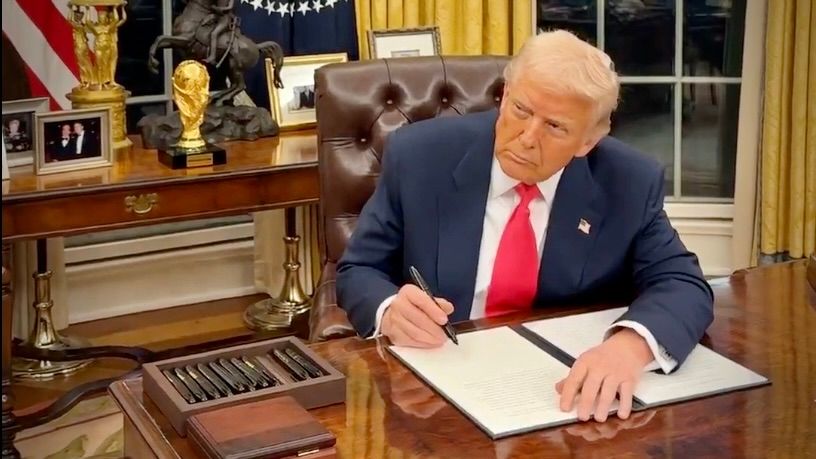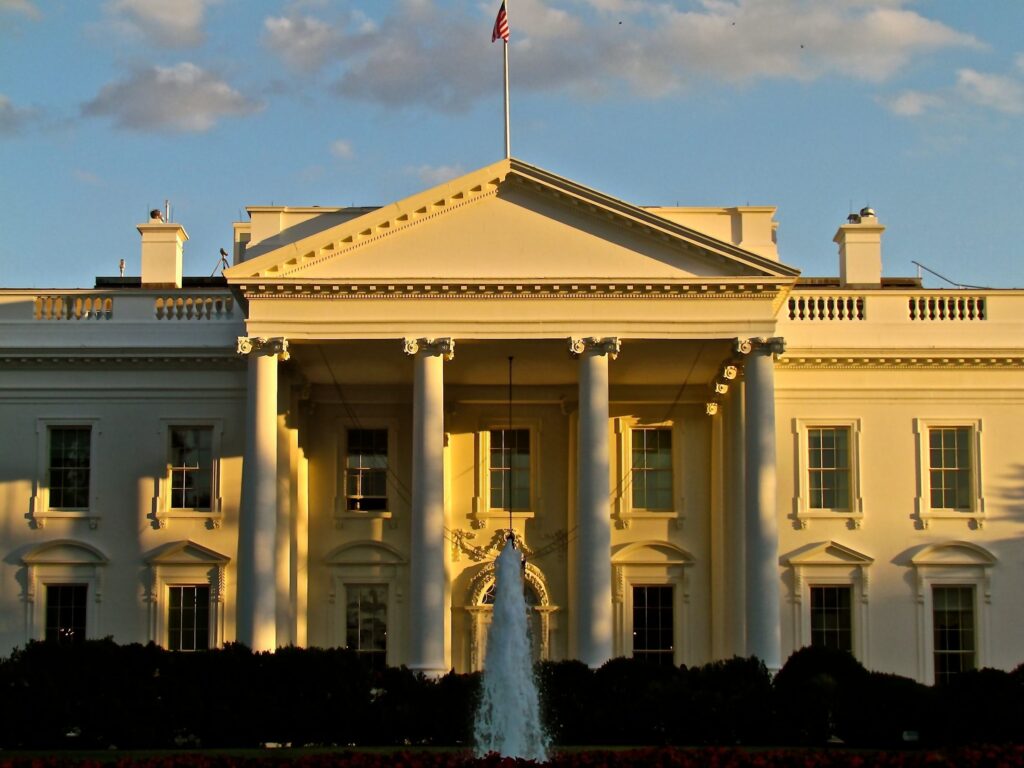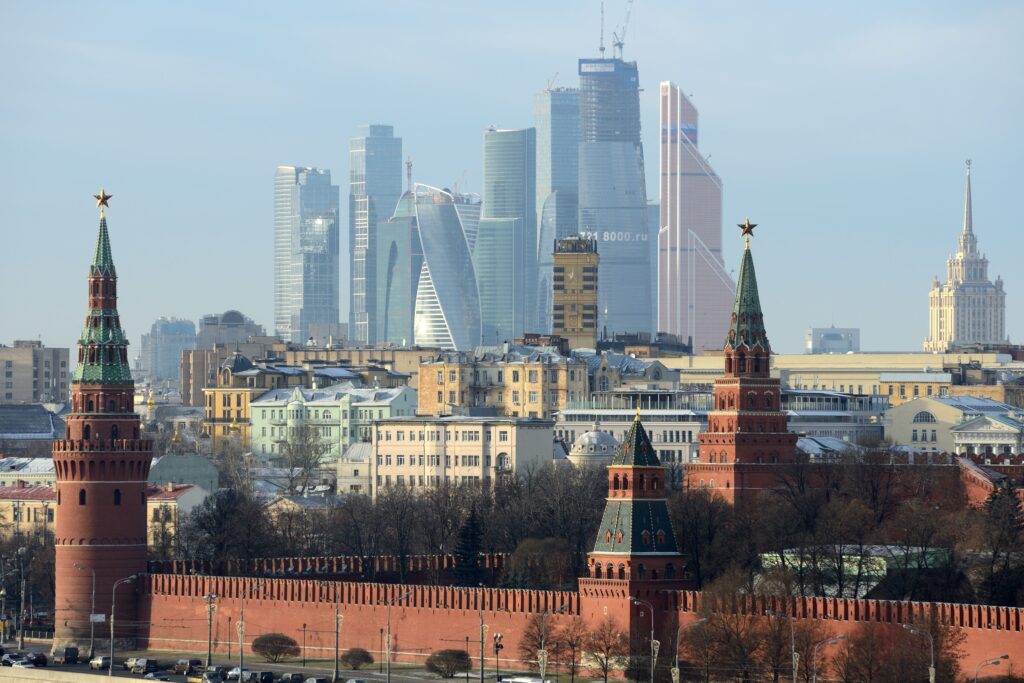As significant developments unfold in the cryptocurrency landscape, Bitcoin emerges as a standout winner following a pivotal White House Summit on Friday. In this article, we delve into the key events that led to Bitcoin’s newly designated reserve status and explore the implications for the broader crypto market.
The Shift in Reserve Plans
On Sunday, March 2, President Trump announced a plan to establish a Crypto Reserve that would include not only Bitcoin (BTC) but also Ethereum (ETH), Solana (SOL), Cardano (ADA), and XRP. However, just days later, following a significant backlash from industry leaders and enthusiasts, the reserve plan underwent a dramatic revision. By Thursday night, March 6, Trump signed an executive order that granted Bitcoin its own exclusive reserve, while the other cryptocurrencies were relegated to a separate “stockpile.”
Industry Reaction and Bitcoin’s Unique Position
The abrupt change in the reserve strategy came as a direct response to vocal criticism from the Bitcoin community. Many Bitcoin advocates expressed concerns that associating BTC with smaller, less established coins could dilute its value and undermine its status as “digital gold.” The White House ultimately appeared to align with these sentiments, recognizing Bitcoin’s distinct characteristics and its position at the forefront of the crypto market. Following the announcement, cryptocurrencies such as ADA, SOL, and XRP experienced significant declines, as reported by CoinDesk’s Kris Sandor and Cheyenne Ligon.
Positive Developments for Bitcoin
In addition to its new reserve status, Bitcoin received further positive news from international fronts. El Salvador’s President Nayib Bukele reaffirmed his country’s commitment to purchasing more BTC, despite concerns surrounding an International Monetary Fund (IMF) deal that could hinder these plans. Moreover, Texas has taken legislative action by passing a bill to establish its own Bitcoin Reserve, a move that has inspired about 20 additional states to consider similar initiatives.
Strengthening Bitcoin’s Market Position
Lombard Finance announced its intention to deploy its liquid-staking Bitcoin token, LBTC, on the Sui network, further solidifying Bitcoin’s competitive edge in the cryptocurrency arena. CoinDesk’s Francisco Rodrigues reported on this strategic move, which highlights the growing integration of Bitcoin within various blockchain ecosystems. Meanwhile, Sui’s native token was included in the World Liberty Financial Asset Reserve, owned by Trump, resulting in a price boost.
Investment News and Emerging Projects
In a notable development, the DoubleZero Foundation—a discreet startup focused on creating a “new internet” to enhance blockchain performance—successfully raised $28 million at a valuation of $400 million. The foundation is actively seeking additional investment to further its innovative goals, as reported by Danny Nelson.
Controversial Conversations
Amidst the week’s developments, Sam Bankman-Fried, the former CEO of FTX, made headlines by speaking to Tucker Carlson from his prison cell. This media engagement appears to be part of his strategy to seek a presidential pardon. Once a prominent supporter of Democratic candidates, Bankman-Fried is now attempting to pivot towards the Republican side, and it remains to be seen if this shift will yield any favorable outcomes in the coming weeks.
In summary, Bitcoin’s recent elevation to reserve status marks a significant milestone in the cryptocurrency landscape. As developments continue to unfold, the implications for Bitcoin and the entire crypto market will be closely monitored.



